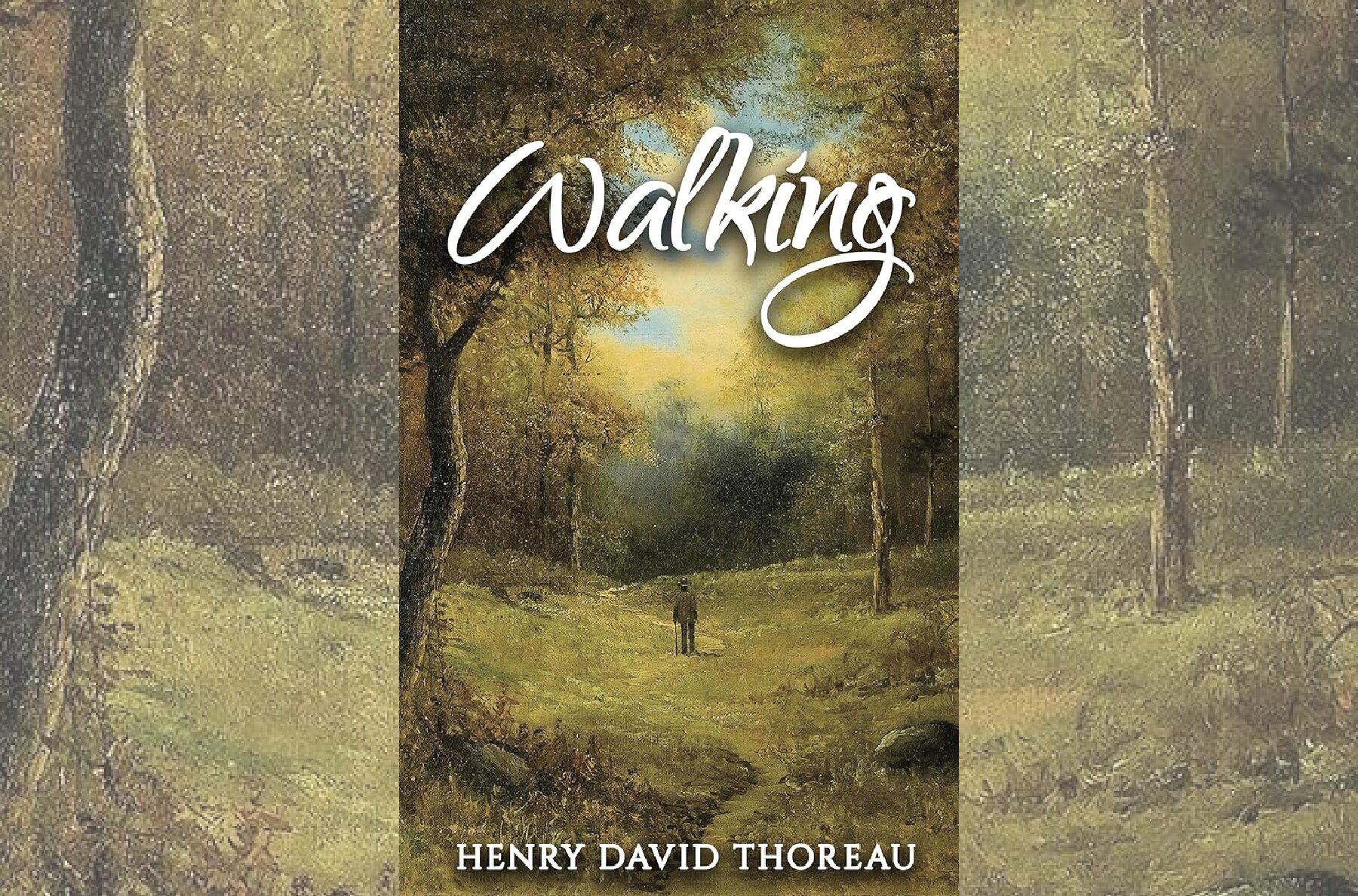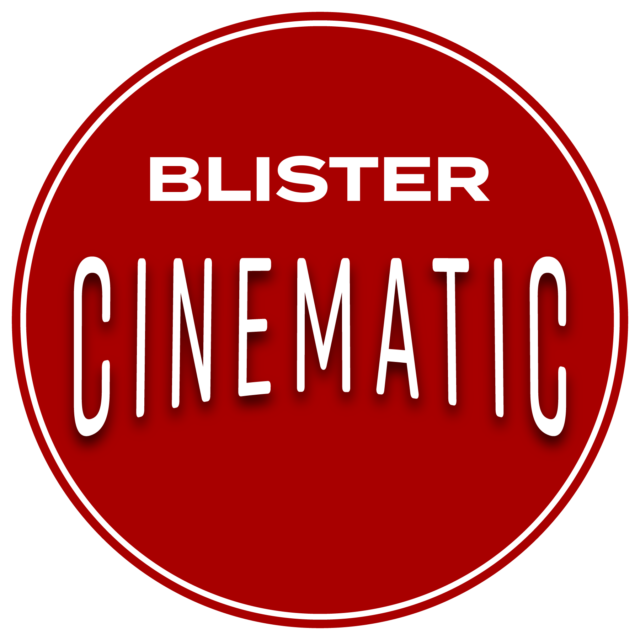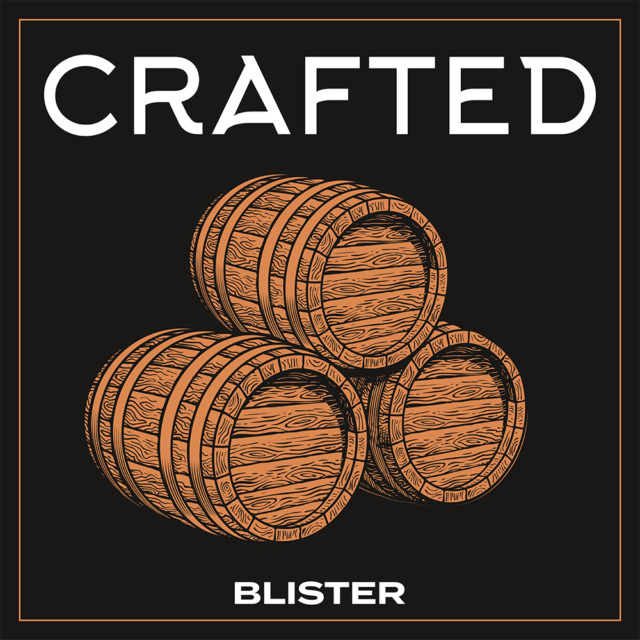
Leave a rating and / or review in the Apple Podcast app or on the Spotify app.
This free, 30-second action on your part lets us know you value all the time & energy that goes into producing & publishing the Blister Podcast, and it ensures that we can keep the show going.
How to Leave a Rating / Review on Apple Podcasts
- Open the Apple Podcast App
- (if you’re on your phone, simply click this link)
- Go to the icons at the bottom of the screen and choose “search”
- Search for “Blister Podcast”
- Click on the SHOW — *not* the specific episode
- Scroll down to “Ratings and Reviews”
- Click on “Tap to Rate” and leave us a 5-Star Rating!
- Below that, you can click Write a Review if you’d like to share a few words
How to Leave a Rating on Spotify
- Currently, you can only rate a podcast in the Spotify mobile app
- (if you’re on your phone, simply click this link)
- Navigate to the Blister Podcast show on Spotify (not to a specific episode)
- Tap the star icon underneath the podcast description and if you like the show, leave a 5-star rating
- On Spotify, you need to listen to at least one episode before you can rate a podcast.
Mountain Gazette editor, Mike Rogge, and I offer some thoughts on the current state of free speech, then discuss Thoreau’s great essay, “Walking,” and the new Mountain Gazette anthology, Print Ain’t Dead.
Note: We Want to Hear From You!
We’d love for you to share with us the stories or topics you’d like us to cover next month on Reviewing the News; ask your most pressing mountain town advice questions, or offer your hot takes for us to rate. You can email those to us here.
RELATED LINKS:
Get Yourself Covered: BLISTER+
Our Newsletter w/ Weekly Polls & Giveaways
TOPICS & TIMES:
New Blister+ Members (3:08)
The Current State of Free Speech (4:46)
Print Ain’t Dead (30:30)
Thoreau’s “Walking” (37:24)
Jonathan’s intro to Thoreau (46:52)
Wilderness & The Wild (59:44)
Mike’s Big News! (1:22:26)







Great episode. There is something crucial missing when we talk about wilderness in North America, that is how do we talk about a wilderness that has been cleansed of its indigenous Americans? Even in Thoreau’s time Native Americans east of the Mississippi had been pretty much killed off or herded onto reservations.
Thanks, Vincent. And I’m curious, what do you think the answer might be to your question: “How do we talk about a wilderness that has been cleansed of its indigenous Americans?”
I don’t have an answer. This thought popped up when you and Mike were talking about how Jeremy Jones who has been in some of the most awesome wilderness but also awed by the experience of playing in the backyard with his kids. I pictured the wilderness in my head, towering snowcapped mountains and deep valleys, but it only included a landscape, no animals and no humans. A failure of imagination on my part, I guess. Now imagine that same scene 150 years ago and more. Perhaps there would be more fauna and every once in a while a group of humans roaming through that space, hunting, fishing, warring, being.
It just so happens I was listening to the podcast on my daily walk through the West Hills in Portland, Oregon. It’s mostly through neighborhoods but includes two short forested trails that connect neighborhoods. I was walking on one of the trails as you were talking about your own experience of not knowing the flora and fauna right outside your window. Definitely drew my attention outside myself and be more present in that tiny area.
Good discussion—thanks. One point I’d like to add is that when we find someone’s beliefs offensive or “terrible”, it’s often because we haven’t taken the time to fully understand what they actually believe. As was mentioned, there are genuinely malicious individuals in the world, but it’s simply not possible that everyone who on the surface disagrees on a certain issue falls into that category.
I completely agree, Amar. What you are saying is missing is *nuance* – which can be found in real conversations — where listening takes place — as well as longer-form mediums where a position can be more fully laid out, giving us a chance to better understand it.
Unfortunately, so many of us are hearing from ‘the other side’ or seeing the ‘other side’s’ position put forward in tiny little sound bites on social media sites, that have *zero* interest in fostering full understanding.
It’s why I find Instagram fine for looking at some photos… but it’s why I’m not on Twitter, and I won’t ever bother to engage in any sort of dialogue on any social media site — because Instagram, Twitter, etc aren’t about real understanding, they are only about revenue generation and **Time On Site** – which we all know is often increased the more successfully they can spread outrage. So they amplify the most inflammatory sound bites created by either side.
So while the crucial thing we need is a fuller understanding that only comes with longer formats, our current media landscape literally delivers the exact opposite of this, and both sides mostly just throw rocks at each other and can’t believe how stupid and awful the other side is.
Best episode since the start of blister…and i follow them since the very first review…as a forester and cow herder in the tirolean and italian alps i really think the beauty lies in the small details of our surroundings…not just always in the big lines we shred….my wildest, rawest and most unique interactions with wildlife or the mountain in general mostly came totally unexpected on a small scramble up a easy ridge or the random post work passegiata through the forest…there is when i gain trust and energy, can clean my ego and get rid of doubt!
How can the mountain harm us when we become the mountain?
Thanks for sharing this, Ben.
Fantastic episode Jonathan!! – thank you for your take on this. Just finished a Thoreau unit with my high school juniors and this will be required listening. Appreciate both Mike and your thoughtful discussion and commentary on where we are today. Listening & “Nuance” are words that we need to remember are integral parts of civil discussion and/or debate. Cannot wait for the Norman Maclean book club episode as he is also one of my favorites – A River Runs Through It, BEST opening and closing sentences of a novel, full stop.
That’s really cool to hear, Chris. Please tell your class that we say hello – and that I really hope they process Thoreau better than I did when I was in high school! (Though I’m confident you’ll make sure that happens, Chris.)